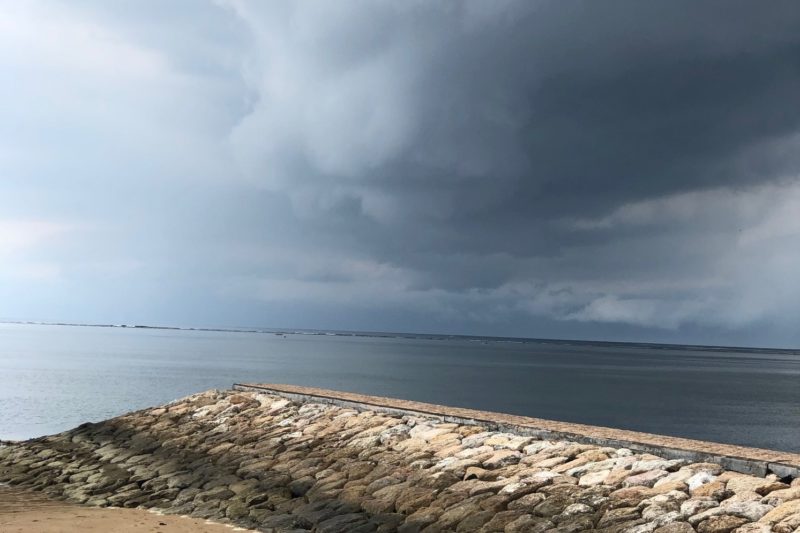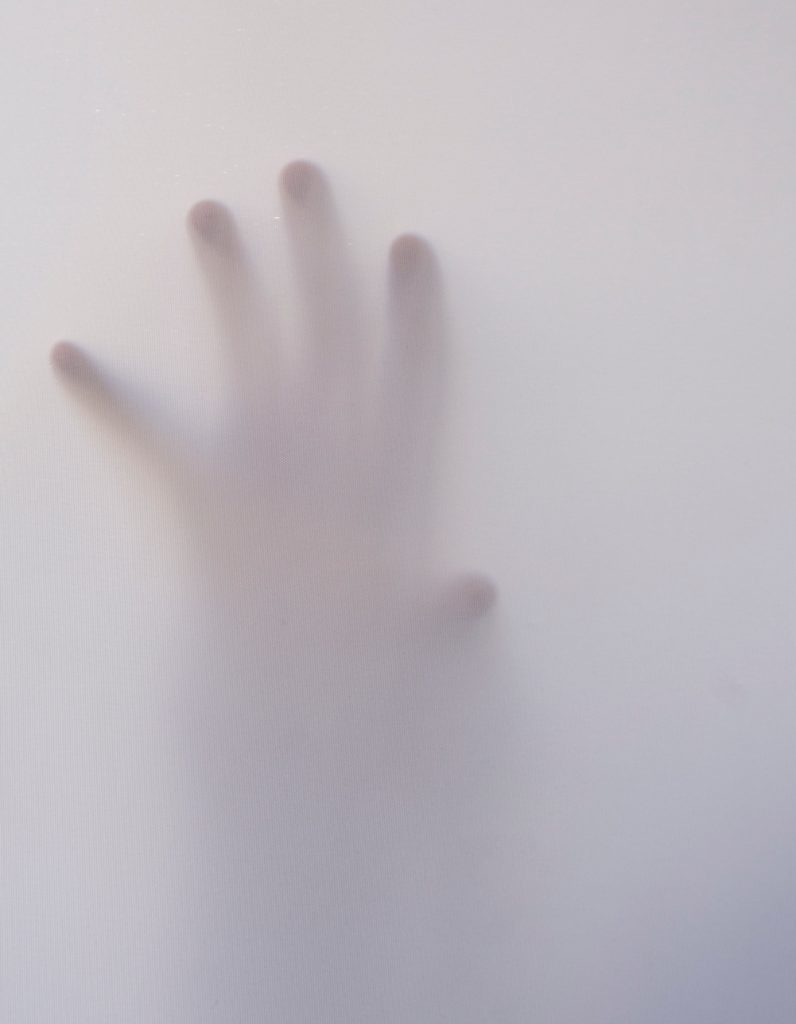
Two of my friends have died in the last two weeks. I’m here in Bali receiving messages from home. I remember my mother, who was famously caustic in her commentary on life, saying that at 80 her only social engagements were to attend funerals and do her weekly shopping.
Both of my friends who have died (I hate the euphemism ” passed”) lived good, full lives doing what they enjoyed doing and with a lively circle of friends and family. That’s the logical stuff. But they are gone. They are loved and will be missed and those who remain will face a very different life and a period of confusion, grief, adjustment and transition.
This is an aspect of growing older. Losing friends, grief and attending funerals.Sometimes grief is loud, roaring and excruciating. You can’t imagine life ever having meaning again. You can’t imagine going on alone. Grief is a life changing experience. Grief can show up as a fog, a lead weight making you immovable; a dullness and hopelessness. Or it can be a quiet and insidious presence that hovers and then explodes unexpectedly, leaving you drained and helpless.
When a partner dies, the couple is no more. It’s another layer of identity gone. Older people who are bereaved enter the world as an older single man or woman at a time when society is not particularly kind towards the ageing population. As we age we can also be less resilient. A supportive circle of family and friends is vitally important in the grieving/healing journey.
Men who are overwhelmed by the intensity of their grief and defenseless against their own feelings of sorrow, will try to outrun, out-numb, out-busy their way over and around grief. … Cut off from their feelings, hearts and too often, their loved ones, they wither. As if life after loss wasn’t difficult enough.

The Widowhood Effect is a research based phenomena that in a nutshell says that it is in first 3 months after the death of a spouse that the partner is most vulnerable. Dr SV Subramian from Harvard University’s School of Public Health (2013) followed the lives of 26,000 Americans over 50 and surveyed them every 2 years. Of these 12,316 were married. He found that in the 3 months after the death of the spouse, 50 had themselves died. Another 26 surviving spouses had died within 3-6 months and 44 died 6-12 months after the death of their spouse. This and many other studies established that the Widowhood Effect was the strongest in the first 3 months after the death of a spouse and that men are more likely to succumb to its effect than women.
Why? It’s thought that women are the social thread that knits the relationship to others in the community and to family. Men tend to be less involved in creating social fabric.
So the question needs to asked, how do we reduce the incidence of the Widowhood Effect?
- Individuation : Some of the work needs to be done well before the death of a spouse. Partners need to develop a sense of individual existence as well as a shared existence. Pursuing individual interests, different friendship groups as well as shared relationships is important. Individuation needs to be encouraged in any healthy partnership. The ” US” needs to be balanced against the ” I.”
- Shared Ownership of practical aspects of the partnership: In some partnerships one person may do all the cooking or all the financial management of the partnership. When their spouse dies there is a huge practical gap in addition to grief. The surviving spouse is left to learn and acquire new skills at a time when they most vulnerable. In a healthy partnership both parties need to be active participants in all aspects of running the household, particularly as they age. It’s an insurance against being overwhelmed at a time of intense grief.
- A wide, healthy support network: Those at most risk of the Widowhood Effect are the socially isolated. When family is remote and the friendship circle sparse, the risk increases. Casseroles may flow for the first month or so after the death of a spouse with friends dropping by and offering help. But then it goes quiet, people resume their lives while the bereaved live each day in a very new challenging, alone existence.
- Counselling and grief support: We may all remember the Kubler Ross 5 stages of grieving and how they are not linear. The grieving person can slide through each stage and return to a previous one. The stages are denial, anger, bargaining, depression and acceptance. Grief can be all consuming and particularly if there are mental health risk factors such as anxiety or a family history of depression, counselling is a must.Older men are the least likely to acknowledge their need to seek help- especially men who have ” toughed it out” before. That’s why the Men’s Shed movement is an important initiative here in Australia.
- One Change at a Time: After the death of a spouse the world can be in turmoil. The practical aspects of life without a loved one can involve decisions about
- Personal Effects-What to do with their possessions- clothes, collections
- Legal- the will and management of the estate and people’s expectations
- Real estate- to stay in the house or downsize?
- Family dynamics- The ” What to do with dad.” family conversations that can arise at this time.
- Your own mental and physical health needs to be no 1
- New Relationships- Sometimes well -meaning friends want to find you your next partner or you feel so bereft that you form relationships to try and fill the gaping space
- In this bereavement period, wherever possible these big decisions can be managed slowly and thoughtfully. The first 3 months after the death of a loved one are not the time to make major decisions. If you can, take the time and put your health at no 1.
Funerals have an important role to play, especially for the people left behind. Sharing memories, coming together and acknowledging the transition in people’s lives is good for our mental health. Celebrating the life of the person who has died is ritualised through the funeral process. As friends and acquaintances, the death of a person we know places a mirror in front of our own lives. We are all travelling towards a finite close and this gives us the opportunity to ask..”Is the life I’ve created good enough for me at this time? It’s a much bigger question than bucket lists or acquiring more assets. ” Am I the best person I can be? Do I have purpose and a positive influence on those around me? Am I kind to myself and my body?
Ironically as I finished my beach walk this morning a fellow traveler stopped for a chat. In parting I said ” Have a good day…..” He replied, ” I am already, I woke up this morning. I’m here. That’s good enough for me!”

This article Nora really resonated with me in more ways than I care to admit.
Thank you for this insightful field of shared heartache life throws at us.
Hugs xo
It is SO good to hear your voice in the Viva pages again Alan! Thank you. I always love reading your comments. Yes, this is a really tough one but very important to talk about. love to you both xx
Hi Nora,
Haven’t commented before so here goes. My wife died seven years in April (we would have been married 45 years this year) in Florence, Italy, while we were travelling. She was 63. We were to be there 5 weeks but didn’t last 2! I could write a story about that experience, telling my adult children, feeling guilty I survived , etc.
Not sure where I sit statistically in the ‘widowhood stakes’ however I found your thoughts resonated with my situation. As with all aspects of our lives males and females are different (excluding the obvious). Females are generally far better communicators (took me many years to figure this out despite being told many, many times – bit ‘slow’ probably – it would have been after my wife died). That doesn’t lessen the pain of course. I have a friend whose husband was killed in a road crash the same year. We find great solace in talking.
There are just so many aspects to this being ‘left alone’ following a death. It seems different in that anything forgotten cannot be said whereas in another ‘left alone’ situations communication is still a possibility irrespective of how painful it may be.
One conclusion I’ve reached is there is always someone better off and always someone worse off. Survivors need to do their best to live life the best they can, not only for their family, but in honour of their loved one who has died.
Cheers and thanks for the articles.
John
Hi John
Thank you so much for the beautiful commentary. Heartfelt thanks for your articulate insight and for sharing this with our Viva 70 community. It’s so hard to be the survivor. I’m so sorry that your wife is in your memories but no longer in your life.Even after 7 years, it must be tough. I look around at friends who are completely adrift following the death of a loved one and needing to somehow grieve, heal and then rebuild a life. As you say, the survivor needs to go on living a good full life because we are more than just individual people. We are part of the human tapestry around us..our family or friends and community and we are an integral thread in their lives. Stay well. Live fully and please write some more…you are a wonderful writer. Thank you John.